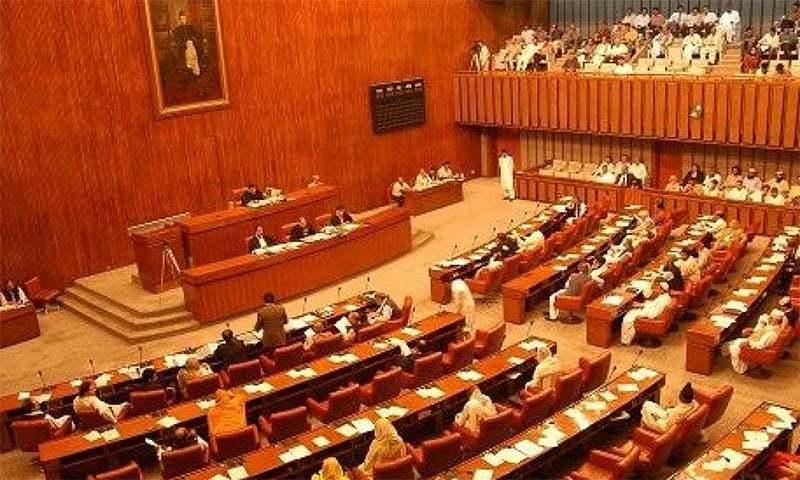Islamabad, February 18: Pakistan’s Parliamentary Committee on CPEC was on Wednesday afternoon told that Gwadar Fencing Project under the CPEC was aimed at making Gwadar city a “weapon free zone.”
The 32nd in-camera meeting of the CPEC Parliamentary Committee was held at the Parliament House under the Chairmanship of Sher Ali Arbab, said an official statement.
Secretary, Ministry of Defence briefed the Committee on Gwadar Fencing Project. He apprised that the project was primarily aimed at making Gwadar city a “weapon free zone” and to create an enabling environment for trade and business. The project started on December 4, 2020.
The government of Balochistan has also constituted a Committee comprising local notables, elected representatives and civil administration to suggest a way forward for the project.
As soon as the consensus evolved, work on the project would be resumed at high speed. The Committee recommended that lawmakers from Gwadar may also be included in that Committee and apprehensions and reservations of local people pertaining to Gwadar Fencing Project should also be allayed to stave off the alienation of locals from the development of Gwadar under CPEC framework.
A pragmatic and holistic approach should be pursued with regard to the security measures being taken at Gwadar to begin a conducive environment for facilitating trade and investment there.
The Committee was briefed by Secretary ministry of defence, Secretary Aviation Division, Secretary Board of Investment, Secretary ministry of Petroleum Division, Secretary ministry of Communications, Additional Secretary ministry of Planning, Development and Special Initiatives, Additional Secretary ministry of Interior, Joint Secretary Power Division, Chairman National Highways Authority, Secretary ministry of Industries Khyber Pakhtukhaw, Secretary Industries Balochistan and other senior officials.
The briefings included updates about Sust Border management framework, progress on New Gwadar International Airport, the updated progress on infrastructure Development of four Prioritized Special Economic Zones under CPEC – Rashakai Khyber Paklhtunkhaw, Allama Iqbal Industrial City Faislabad, Dhabeji Sindh and Bostan Quetta and Gwadar Fencing Project.
The Committee recommended to the quarters concerned to decide about the lead ministry which will regulate boder’s management framework, come up with viable proposals to open Sust border for the whole year and shrug off all the odds and challenges faced at the border so that seamless regulation of trade and economic activities could take place.
The Committee observed that there was an exigency of establishing the strongest coordination among all the quarters concerned and directed the Ministry of Communications to ensure the implementation of the axle load limit after consulting with all major stakeholders so that the trade could be regulated smoothly and damages to road infrastructure could be prevented.
The Committee expressed satisfaction over the pace of work on infrastructure development of Rashakai and Allama Iqbal Industrial City Faisalabad and noted that securing investment of billions of rupees in these SEZs is a landmark development.
The Committee remarked that CPEC has potential prospects of ushering new era of economic development and lasting prosperity for the people of Pakistan and its success hinges upon the effective and timely operation of all SEZs. Provision of utilities to all SEZs has been top priority of the Committee, therefore no compromise will be tolerated on undue delay in provision of utilities to the SEZs. The Committee directed to take all the measures to catch maximum investment in SEZs and further expedite the process of provision of all ancillary facilities to SEZs.
The Committee deferred briefing on Dhabeji SEZ due to absence of CEO, Dhabeji, Sindh and after observing slow progress on Bostan SEZ decided to convene a special meeting on updated progress on infrastructure development of Bostan special economic zone by coming Wednesday.
The meeting was attended by Noor Alam Khan, Umer Aslam Khan, Mir Khan Muhammad Jamali, Nafeesa Inayatullah Khan Khattak, Ahsan Iqbal Chaudhry, Sardar Ayaz Sadiq, Murtaza Javed Abbasi, Mehnaz Akber Aziz, and Zahid Akram Durrani.
















